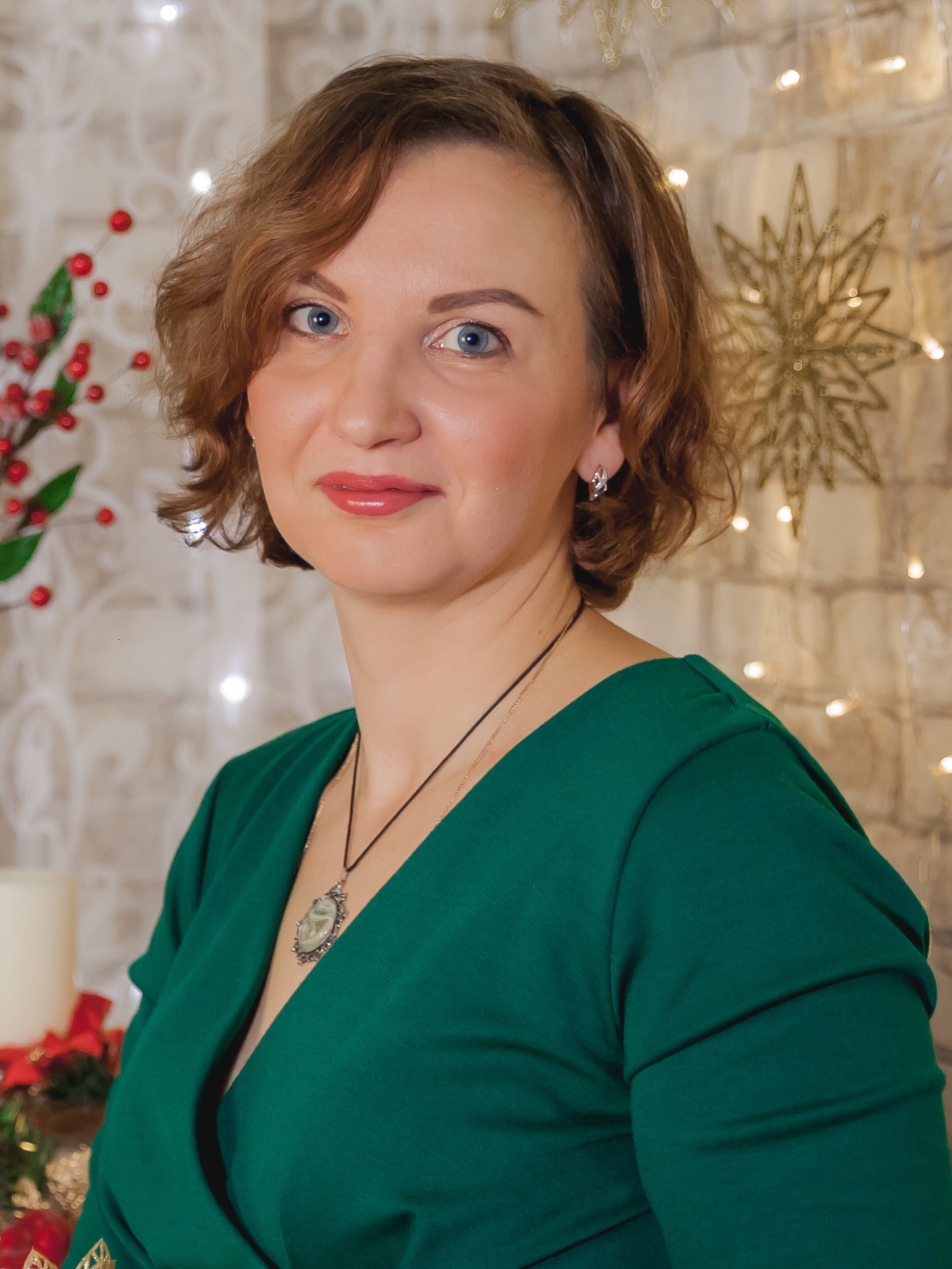The Russian Orthodox Church began to develop the system of primary education in the outlying Arctic territories in the second half of the 19th century. Missionary activity was determined by the need to promote state interests through the influence on ethnocultural processes among the indigenous population of the Kola North. In ethnographic writings of the late 19th – early 20th centuries the idea repeatedly emerged that the Sámi living on the Kola Peninsula are willing to develop and support the public education. Based on documents from record keeping system of the Kola district school department (fund I-133) and the first Kola deanery of the Arkhangelsk diocese (fund I-17), which are stored in the State Archive of the Murmansk region, as well as materials from the Kem-Kola district school department, which are presented in the National Archive of the Republic of Karelia (fund 419) reconstructs the synopses of interaction of the Russian Orthodox Church and the population of the Kola North in the matter of establishing parochial schools. It was revealed that missionary activity in the Sámi parishes, based on the work of parochial schools, contributed to the involvement of both students and adults in parish life. The main factor hindering the development of primary education in the Kola North was the obligation for the local population to bear the financial costs of maintaining schools. If the inhabitants of the settlement ceased contributions to the maintenance of the parochial school, the diocese sought to preserve the educational institution of the parish by transforming it into a “school of literacy” (elementary school). It is shown that in the colonies of the Murmansk coast, the development of educational work was possible only due to involvement of the Trifono-Pechengsky monastery.
Key words: Russian Orthodox Church, missionary work, education, parochial school, Kola North, Sámi, Trifono-Pechengsky monastery
DOI: 10.22250/20728662_2023_1_5
About the author
 |
Ksenia S. Kazakova – Ph.D. (History), Senior Research Fellow, Barents Center of Humanities, Federal Research Centre “Kola Science Centre of the Russian Academy of Sciences”; 40-A, Academgorodok, Apatity, 184209, Russia This email address is being protected from spambots. You need JavaScript enabled to view it. |






